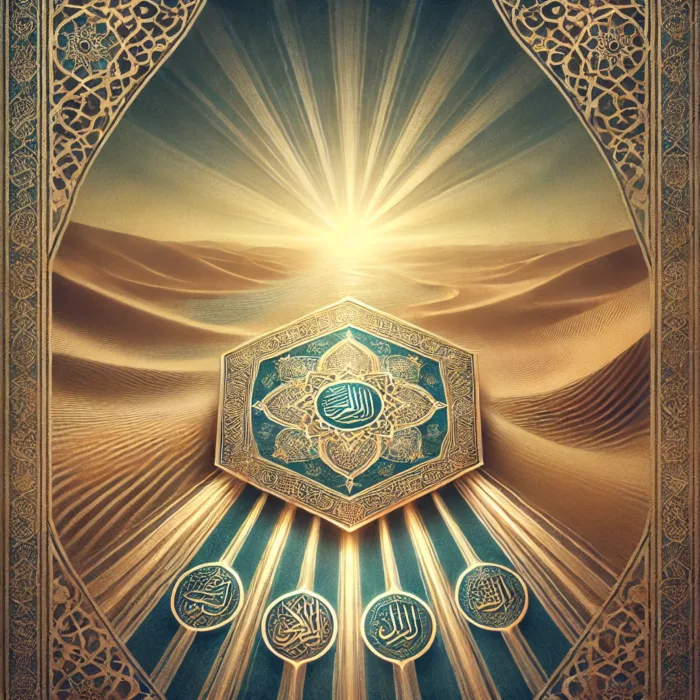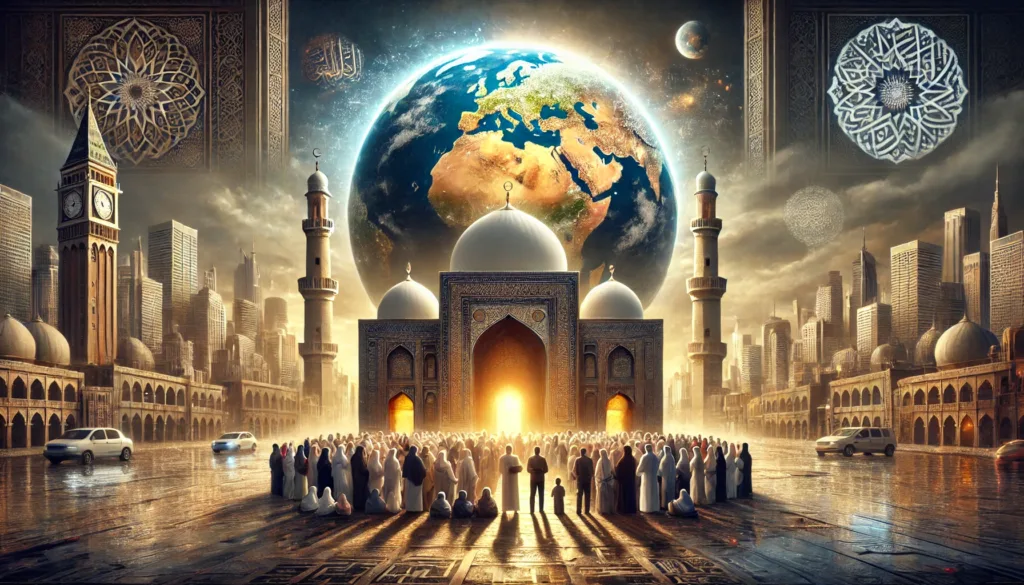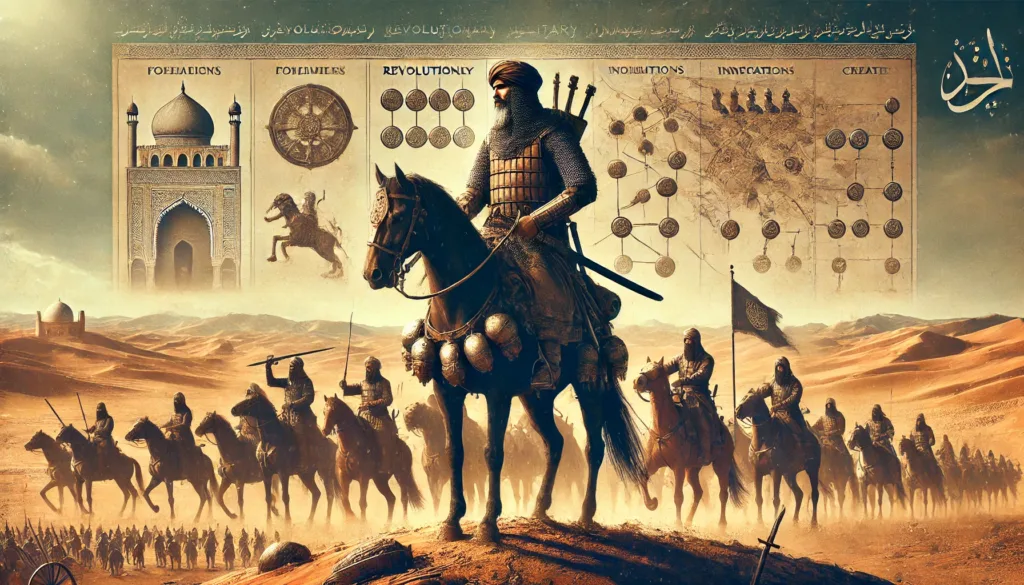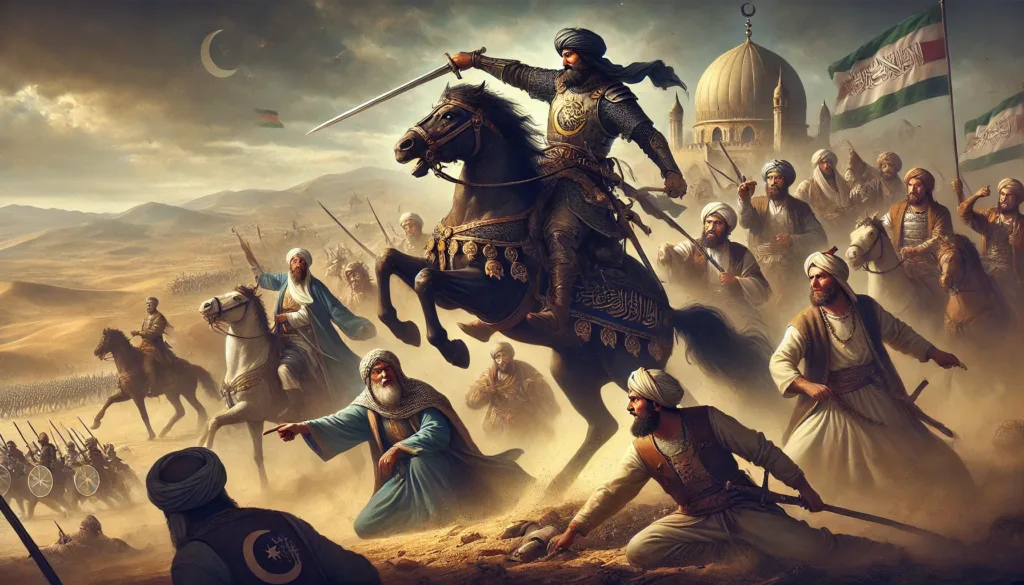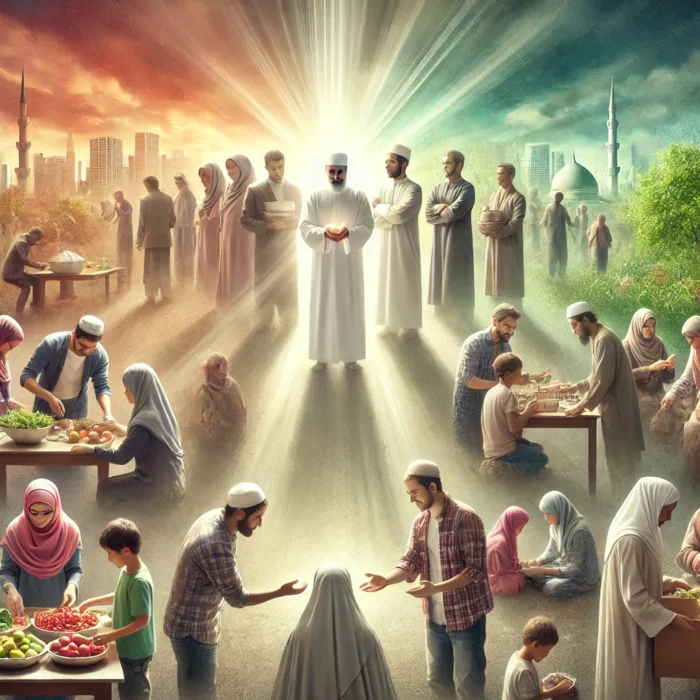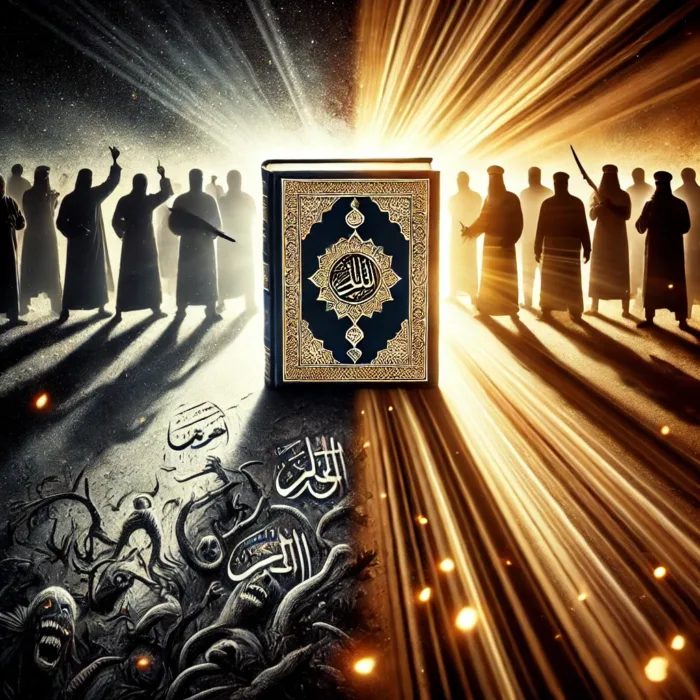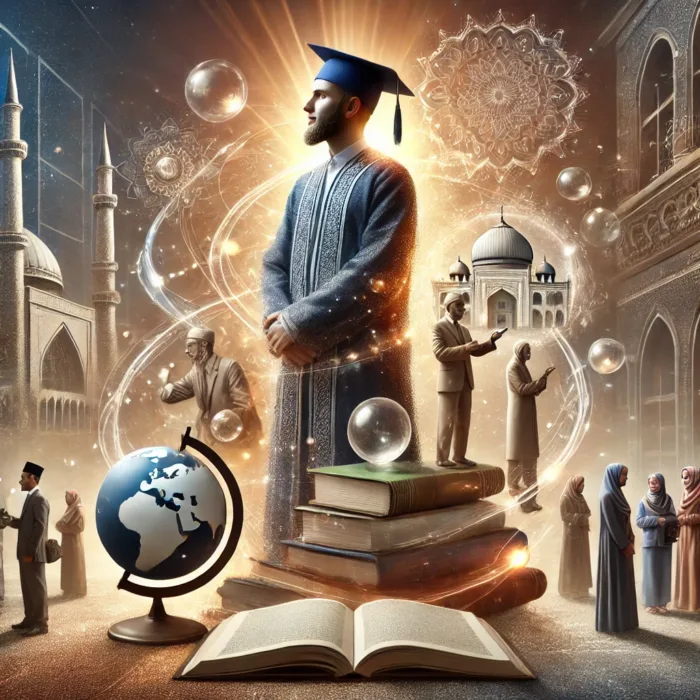
The Muslim’s Responsibility Towards Humanity: Personal Reflections on Islamic Dawah and Global Impact
A deep exploration of how recognizing humanity's need for Islam transforms a Muslim's perspective, behavior, and sense of purpose, illustrated through personal experiences in dawah and academic achievement.
KEEP READING
